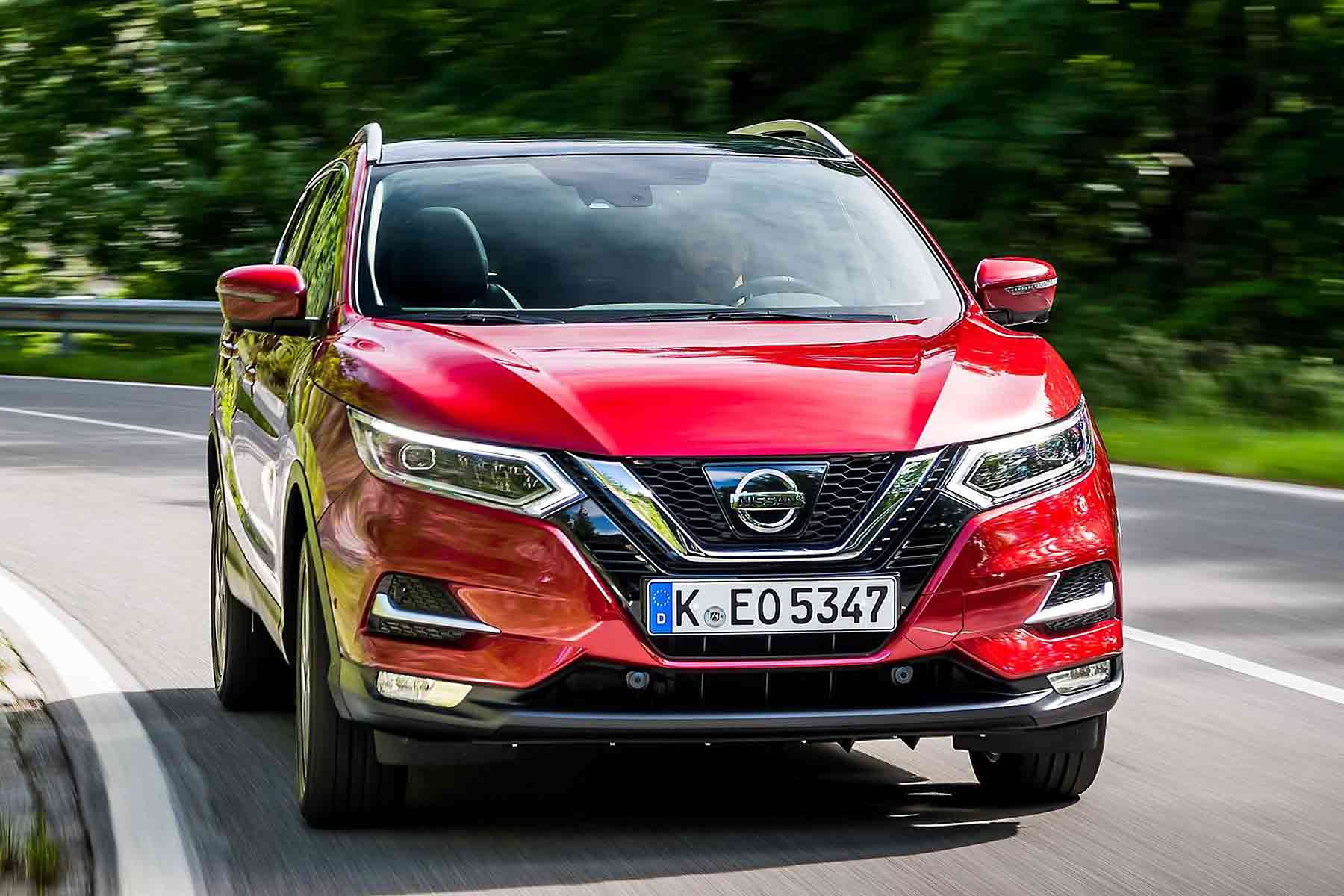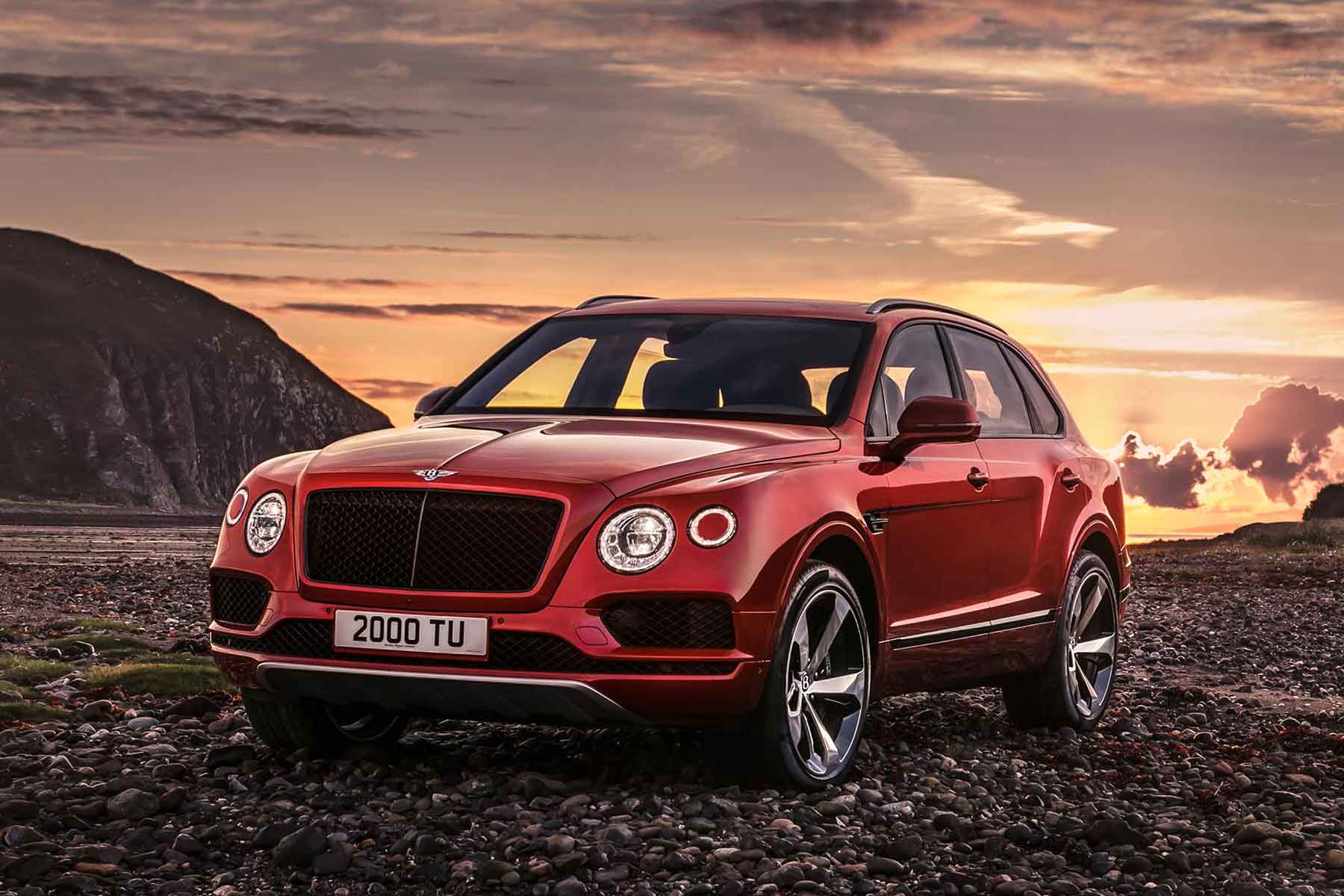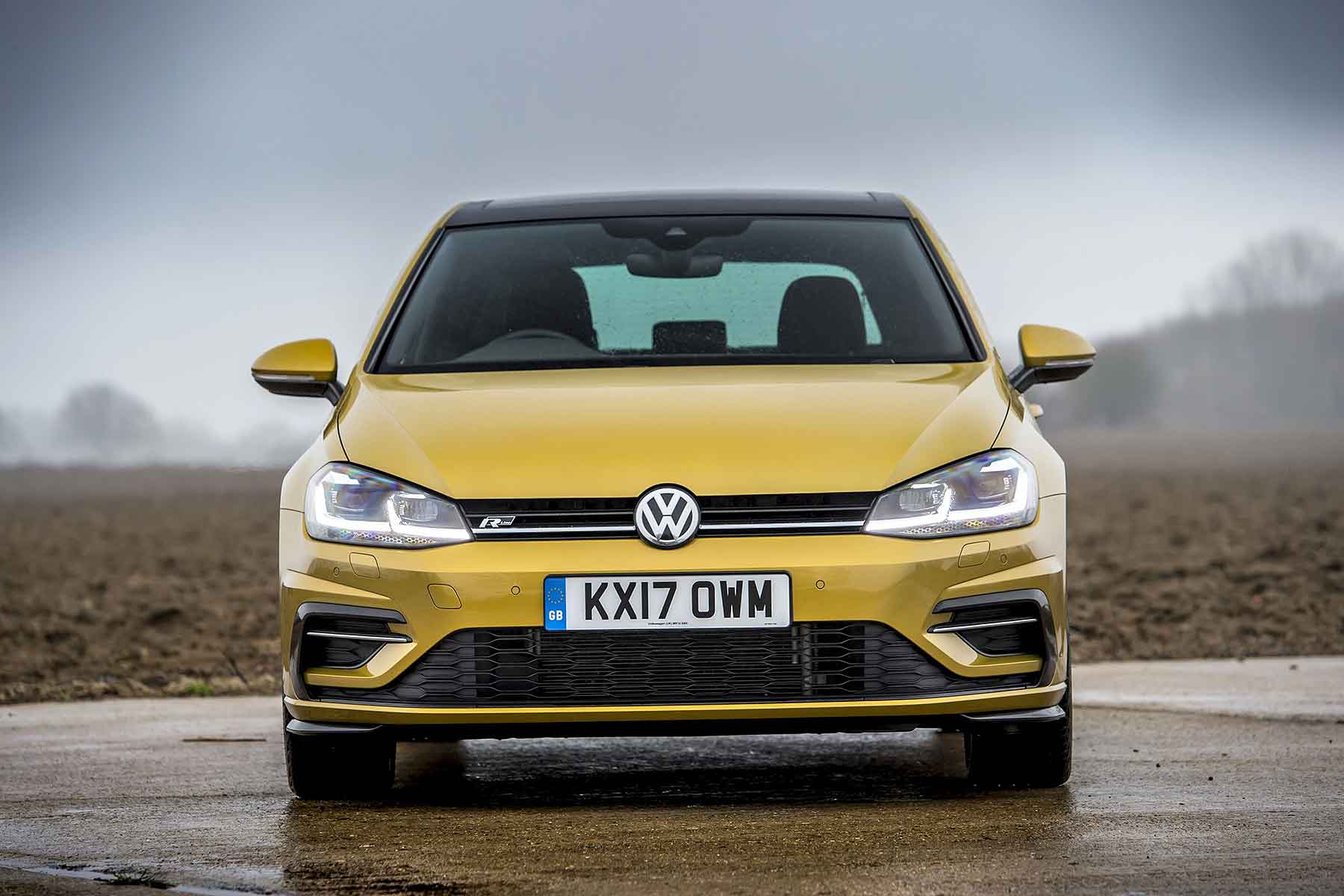 The march of the SUV continued across Europe in February 2018, as the region enjoyed its best February performance in a decade. Overall sales were up 4.2 percent, despite declines in two key markets, the UK and Italy.
The march of the SUV continued across Europe in February 2018, as the region enjoyed its best February performance in a decade. Overall sales were up 4.2 percent, despite declines in two key markets, the UK and Italy.
Diesel registrations plunged by a whopping 12.8 percent last month, taking the under-attack fuel’s share down to 39.5 percent of overall sales. In Germany, sales were down 19.2 percent, and they plummeted 23.5 percent in the UK.
Petrol sales, however, grew by 16 percent and alternative fuel vehicles outpaced even this with an 18.5 percent boost.
New SUV registrations were up nearly 25 percent, to an incredible 382,600 units. That accounts for one in three sales, although not all SUV sectors are on the up: full-size and luxury SUVs actually declined 12.6 percent last month.

Some brands are really benefitting from the SUV craze. Volkswagen has been on a launch spree, and its SUV sales shot up 37.7 percent, to almost 69,000 vehicles – it’s now behind only Renault-Nissan in terms of overall SUV and crossover volume.
Volkswagen Group also grew its overall European market share, to a commanding 24.3 percent.
City car sales were stable: Renault and Volkswagen registrations declined, but a stronger performance from Ford, Peugeot, Citroen and Skoda helped ensure superminis remained Europe’s second-favourite type of car, favoured by 1 in 5 buyers.
Despite the frenzy to buy an SUV, though, the Volkswagen Golf remained Europe’s best-selling car, with registrations actually growing a healthy 16 percent, to almost 37,000 units. The Renault Clio was second and the Peugeot 208 third. And the best-selling SUV in the EU? Nissan’s Qashqai – which uniquely, neither gained nor lost sales.
Europe’s top 10 best-selling cars: February 2018

1: Volkswagen Golf
2: Renault Clio
3: Peugeot 208
4: Ford Fiesta
5: Volkswagen Polo
6: Nissan Qashqai
7: Citroen C3
8: Skoda Octavia
9: Volkswagen Tiguan
10: Peugeot 3008